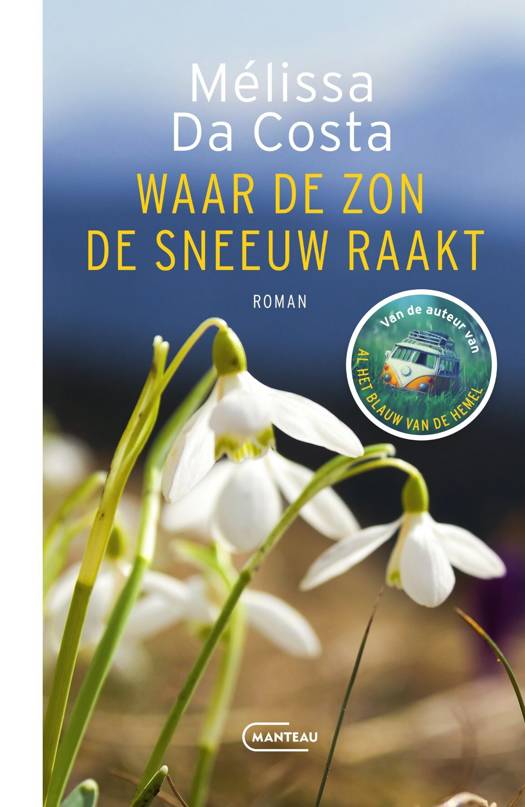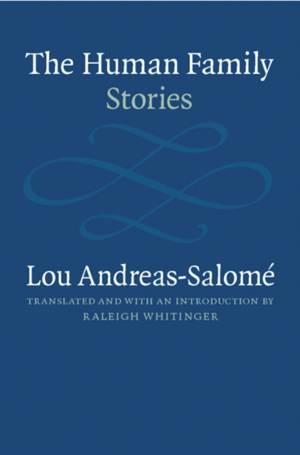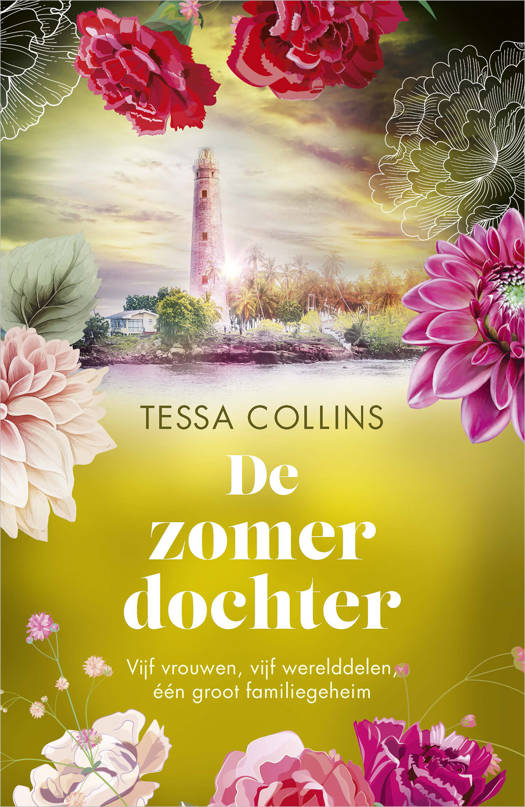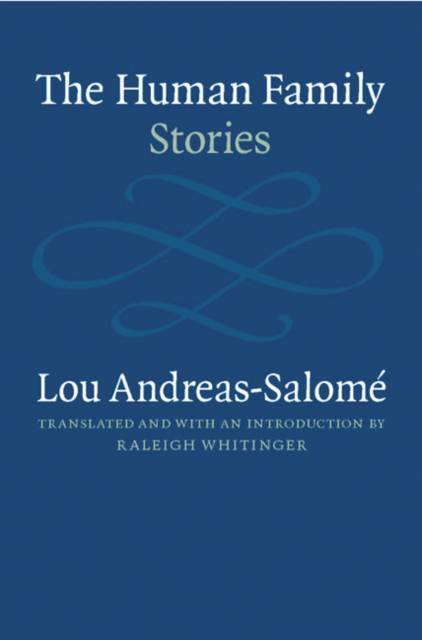
- Afhalen na 1 uur in een winkel met voorraad
- Gratis thuislevering in België vanaf € 30
- Ruim aanbod met 7 miljoen producten
- Afhalen na 1 uur in een winkel met voorraad
- Gratis thuislevering in België vanaf € 30
- Ruim aanbod met 7 miljoen producten
Zoeken
€ 38,45
+ 76 punten
Omschrijving
The Human Family is the first complete translation of the cycle of ten novellas that Lou Andreas-Salomé (1861-1937) wrote between 1895 and 1898. This collection contributes to the rediscovery of Andreas-Salomé's significance as a thinker and writer, above all with regard to her literary contribution to modern feminism and the principles of women's emancipation. Born in St. Petersburg to a German diplomat and his wife, Andreas-Salomé has always been a figure of interest because of her close relationships to influential thinkers such as Friedrich Nietzsche, Rainer Maria Rilke, and Sigmund Freud. Only since the mid-1980s, however, have her prose fiction and theoretical writings been reconsidered as important documents of emerging ideas and debates in twentieth-century feminism. The ten stories of The Human Family drive home her critical perspective on feminine stereotypes. They depict a wide variety of young women as they relate to men representing different degrees of enlightenment and tolerance, struggling to express a complete and independent feminine identity in the face of the confining but often seductive roles that convention and tradition impose on female potential. The Human Family provides a subtle and nuanced perspective on European feminist writing from the turn of the last century by a woman writer who was intimately involved with the literary mainstream of her time and whose theoretical and literary works played a significant role in feminist debates of the period, prefiguring present-day feminist discourse on essentialism and constructivism. Raleigh Whitinger is a professor of German at the University of Alberta. He is the author of Johannes Schlaf and German Naturalist Drama and the translator of Eduard Mörike's novel Nolten the Painter: A Novella in Two Parts.
Specificaties
Betrokkenen
- Auteur(s):
- Vertaler(s):
- Uitgeverij:
Inhoud
- Aantal bladzijden:
- 208
- Taal:
- Engels
- Reeks:
Eigenschappen
- Productcode (EAN):
- 9780803259522
- Verschijningsdatum:
- 1/10/2005
- Uitvoering:
- Paperback
- Formaat:
- Trade paperback (VS)
- Afmetingen:
- 155 mm x 230 mm
- Gewicht:
- 308 g

Alleen bij Standaard Boekhandel
+ 76 punten op je klantenkaart van Standaard Boekhandel
Beoordelingen
We publiceren alleen reviews die voldoen aan de voorwaarden voor reviews. Bekijk onze voorwaarden voor reviews.











